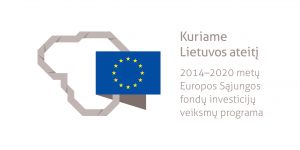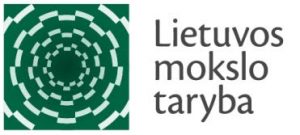Studies on thermal decomposition of seaweeds and their digestates no. 09.3.3-LMT-K-712-16-0186.
The ongoing process of eutrophication has ecological and social consequences, and it is one of the main problems of the ecosystem and environment of water bodies. Anaerobic microbiological treatment offers many opportunities for the Baltic Sea region by processing low-quality resources and waste into renewable high-quality biofuels. The application of this method can be widely used for local production of electricity and heat, transport fuel or injection into natural gas networks. By using seaweed as a substrate and utilizing digestate for fertilizing fields, nutrients are physically removed from the Baltic Sea, so by applying this process it is possible to effectively reduce the eutrophication process and contribute to the creation of a circular economy. However, seaweed absorbs not only minerals but also pollutants as it grows and spawns. Contaminated seaweeds are not suitable for direct fertilization, so it is very important to investigate alternative ways of using them. One such is thermal decomposition. During this research, the micro-scale properties of the reactions occurring during the thermal decomposition of seaweeds and digestates formed will be determined, the functional groups of the volatile compounds formed, the most influencing products of the chemical reactions occurring during gasification, will be analyzed, the reactions occurring during the gasification of seaweeds will be analyzed, and the resulting gas-resins will be examined by chromatographic methods.
2019.10.08 – 2020.04.30
Project Team
| Name, surname | Office | phone. | |
|---|---|---|---|
|
LEI Representative |
|||
| Nerijus Striūgas | 103-LK | +37037401932 | Nerijus.Striugas@lei.lt |







